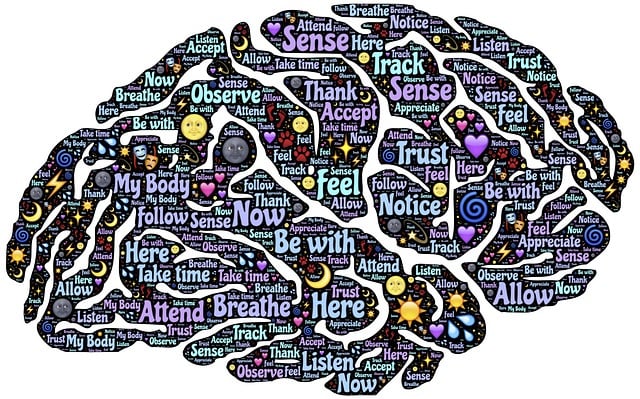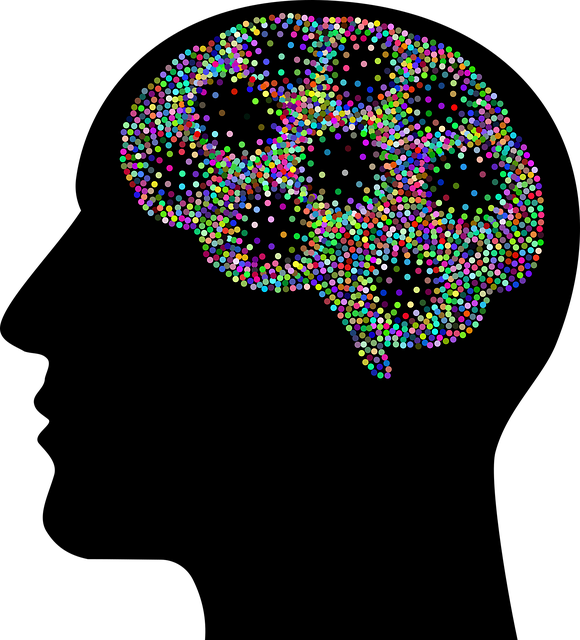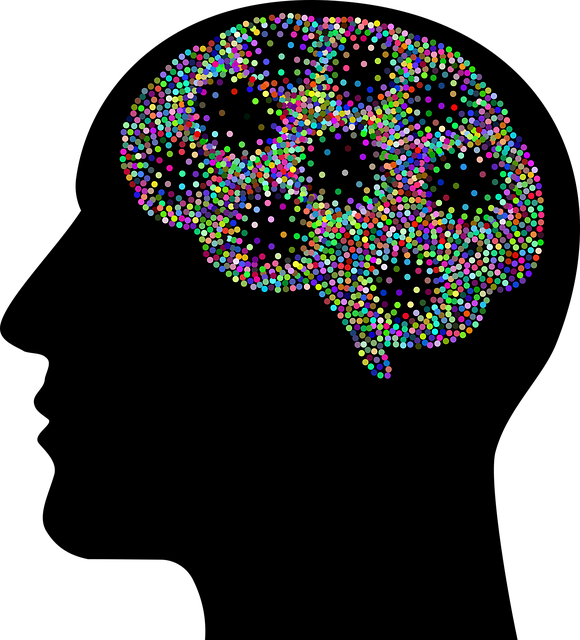Children's Adjustment Disorder (CAD), triggered by trauma or stress, affects emotional and behavioral well-being. Early intervention through recognizing symptoms like anxiety and depression is crucial. Effective therapies include CBT, mindfulness meditation, and self-care routines. Cultural sensitivity in mental healthcare ensures tailored interventions. Workshops teach stress management, boosting resilience and coping mechanisms. These sessions use storytelling, art therapy, and games to improve self-esteem and emotional expression. A supportive environment, normalizing difficult feelings, and engaging activities are key. Measuring success involves participant feedback, standardized questionnaires, and follow-up sessions. Encouraging daily application of learned techniques enhances long-term mental health.
Stress management workshops play a pivotal role in empowering children with coping mechanisms, especially those dealing with adjustment disorder. This article explores the comprehensive guide to organizing such workshops, focusing on understanding the symptoms and impact of Children’s Adjustment Disorder (CAD). We delve into the effectiveness of workshop-based therapy, offering insights on content design, creating safe spaces, and measuring success. By implementing these strategies, organizations can significantly support young individuals in managing stress and fostering resilience.
- Understanding Children's Adjustment Disorder: Symptoms and Impact
- The Role of Workshops in Stress Management for Kids
- Designing Effective Stress Management Workshop Content
- Creating a Supportive Environment for Young Participants
- Measuring Success and Follow-up Strategies for Continued Growth
Understanding Children's Adjustment Disorder: Symptoms and Impact

Children’s Adjustment Disorder (CAD) is a mental health condition that can significantly impact a child’s emotional and behavioral well-being. It often arises as a response to traumatic or stressful events, such as the loss of a loved one, separation from parents, or experiencing abuse. Recognizing the symptoms is crucial for early intervention. Children with CAD may exhibit various signs, including severe anxiety, depression, irritability, and difficulty sleeping. They might also struggle in school, showing a decline in academic performance or becoming excessively withdrawn from social activities.
The impact of untreated CAD can be profound, affecting a child’s ability to form healthy relationships and manage emotions throughout their life. It is essential to provide appropriate therapy for Children Adjustment Disorder, such as cognitive-behavioral therapy (CBT), which helps children identify and change negative thought patterns. Incorporating practices like mindfulness meditation and encouraging the development of a self-care routine can also be beneficial. Cultural sensitivity in mental healthcare practice ensures that interventions are tailored to meet each child’s unique needs, fostering better outcomes and overall well-being.
The Role of Workshops in Stress Management for Kids

Workshops play a pivotal role in equipping children with effective stress management tools and techniques. These interactive sessions delve into age-appropriate activities and exercises designed to foster resilience, enabling kids to cope with demanding situations. By engaging in mindfulness practices, breathing exercises, and cognitive reframing, participants learn valuable mind over matter principles that empower them to navigate stressful scenarios with newfound composure.
Targeted at addressing issues like adjustment disorder, these workshops create safe spaces for children to express their feelings and build healthy coping mechanisms. The focus on burnout prevention is crucial, as it equips young individuals with the skills to recognize and manage stress before it escalates. Moreover, confidence-boosting strategies integrated into the curriculum help children develop a positive self-image and a sense of control over their emotional well-being.
Designing Effective Stress Management Workshop Content

Designing an effective stress management workshop requires a tailored approach that caters to specific needs. For children struggling with adjustment disorders, incorporating therapeutic techniques and age-appropriate activities is key. These workshops should not only teach practical stress reduction methods but also foster resilience building through engaging exercises. Facilitators can use storytelling, art therapy, and interactive games to help young participants express emotions and develop coping strategies.
The curriculum must address the unique challenges these children face, promoting self-esteem improvement as a fundamental aspect of stress management. By combining educational content with fun activities, workshops can create a safe space for learning and growth. This approach ensures that children not only gain tools to manage their stress but also build confidence in their ability to navigate difficult situations.
Creating a Supportive Environment for Young Participants

Creating a supportive environment is paramount when organizing stress management workshops for young participants. This includes fostering a safe and non-judgmental space where children feel comfortable expressing their emotions and sharing their experiences. Incorporating therapeutic techniques tailored for kids, such as those used in therapy for Children Adjustment Disorder, can help normalize difficult feelings and teach coping strategies. Engaging activities that promote mindfulness, emotional awareness, and compassion cultivation practices can create a sense of belonging and empowerment among participants.
The workshop setting should encourage open dialogue and active listening to ensure every child feels heard and validated. Incorporating interactive elements like group discussions, role-playing scenarios, and creative outlets allows for the natural expression of emotions, enhancing the therapeutic benefits. By nurturing an atmosphere of acceptance and encouragement, these workshops can significantly contribute to building resilience in young individuals, empowering them with valuable tools for mood management as they navigate their personal challenges.
Measuring Success and Follow-up Strategies for Continued Growth

Measuring success is a vital step in evaluating the effectiveness of stress management workshops. This process involves collecting feedback from participants through post-workshop assessments and follow-up sessions. By understanding their experiences, organizers can identify key areas of improvement and ensure the program aligns with its intended goals. One effective method is to utilize standardized questionnaires that assess symptoms of anxiety, depression, and overall stress levels before and after the workshop. These tools provide quantifiable data on participants’ progress.
Additionally, fostering ongoing growth requires strategic follow-up initiatives. This can include periodic check-ins, online support groups, or continued access to resources. Encouraging participants to apply learned techniques in their daily lives is essential. For instance, promoting positive thinking and resilience building through regular practice can significantly impact long-term mental health. Similarly, compassion cultivation practices have been shown to enhance emotional well-being, particularly in individuals managing adjustment disorders, such as children.
Stress management workshops play a pivotal role in addressing Children’s Adjustment Disorder (CAD), offering a therapeutic approach to help young minds cope. By designing engaging content and fostering supportive environments, these sessions empower kids with valuable tools to navigate stress. Measuring success through various metrics ensures the effectiveness of the program and encourages continued growth, providing long-lasting benefits for those dealing with CAD. This holistic strategy not only improves mental well-being but also paves the way for a brighter, more resilient future for children.











